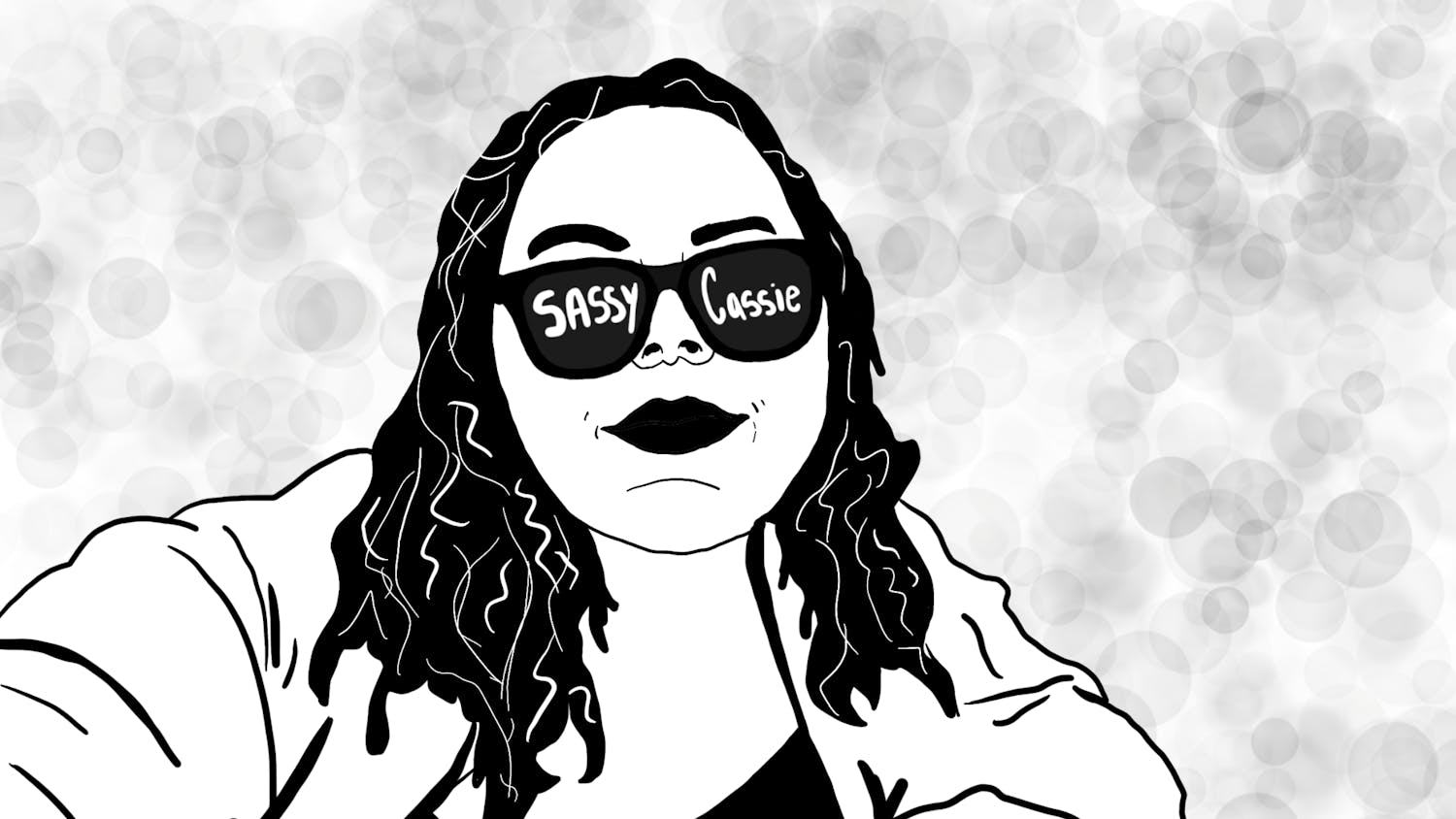In 2010, while some people were watching viral videos such as the “Pants on the Ground” video or the Old Spice man on YouTube, Seth Baker found himself suddenly immersed in three hours of Red Bull’s BC One breaking competition, hanging onto every second.
“I was just mesmerized by it,” Baker, a graduate student studying international development, said. “So many people can remember that first video they watched or that first line they heard, that first scratch or that first throw up of graffiti.”
That’s how he entered the world of hip-hop, as many other kids do – just by watching YouTube.
Seven years ago, Baker, a freshman at the time, had the opportunity to explore his newfound passion through Hip-Hop Congress, a student organization dedicated to exploring the trends of the culture. At its height, the organization numbered 30 to 35 members.
Soon after, Baker met Dan Hoffman, who is now a senior studying psychology, as the two started exploring their craft. The following year, David Vazquez entered the picture. The three of them have been at it ever since.
They call themselves BCDC, short for Brick City Dance Crew. While there have been different members of the crew over the years, the three are the only full-time members now, though they work with other dancers and artists.
“Breaking” or “B-boying” is a form of dance that mainly consists of “power moves” such as flips and tricks, “down rock” techniques performed on the floor and “freezes.” It can also incorporate other moves such as popping and locking or krumping. A “B-boy” or a “B-girl” is someone who practices breaking.

BCDC meets about two times a week to practice in the Ping Center’s Combative Arts Room, and members spend as much time hanging out as they do breaking, Baker said. They perform at private parties, Casa Nueva’s “Strictly Hip-Hop” events and occasionally with local musicians on the street.
As for the group’s mission, they simply want to spread the word of hip-hop.
“We just want the people to know that there is art and there is dance and there’s just so much to be had,” Hoffman said.
Vazquez said the three are united by the joy that breaking brings them, which keeps them practicing day in and day out.
“That is the binding glue that keeps this ship floating along in a tornado, a typhoon of academia, of life and of all of that other distraction and reality that we all face together,” Vazquez said.
Although individual motivations for pursuing hip-hop vary, breakers and hip-hop enthusiasts are connected to others through the widespread web of the culture and the four main tenets of hip-hop.
“The art form of graffiti, the rhyming of emceeing, the music creating of deejaying and then the dancing of hip-hop, the physical expression,” Baker said. “And that to me, was just this perfect explosion of youth, culture and expression.”
The history of hip-hop began decades ago as an outlet for kids and young adults in the streets of New York.
“It came out of the Bronx in 1972, emerged from a single back-to-school jam party in this time,” Baker said. “There was so much frustration and no outlet for these kids and all of this just came together.”
Each person internalizes the power and movement of hip-hop differently. For Vazquez, it is a way to communicate regardless of barriers.
“Part of what I appreciate about breaking is the fact that the language of breaking is spoken across the world with no issues of translation,” Vazquez said. “And a lot of the jokes make sense across cultures. The punchline is obvious, usually. “
Hip-hop in Athens is less popular than it was previously, Vazquez said.
“It generally seems like the Athens population is less interested and curious about hip-hop right now, where when I started, it was a large community of hip-hop artists across the different forms,” Vazquez said. “Right now, it seems like a little bit of a downturn. But everything's cyclical.”
Baker agreed that between Hip-Hop Congress and other groups in Athens, the movement has come and gone in the area, but it could make a comeback.
“I think it’ll be back in another five years, I really do,” Baker said. “We forget we’re in Appalachia. Hip-hop isn’t what people kind of seek out and expect to come here.”
Hoffman said in some ways, people have lost a passion for the arts.
“People have just forgotten what music and art is about. They follow fashions and trends over true creativity,” Hoffman said.
Despite its downturn locally, Vazquez said it is his responsibility to know his roots in hip-hop and be able to grow past them to keep the culture alive.
“I inherited something a lot of people worked really hard to create and that I respect and I'm grateful for,” Vazquez said. “If those things are lost, we could find ourselves in a dangerous trap of repeating the same things and not progressing and that's how culture dies.”
Although preserving a culture is a big responsibility, Baker said it comes down to a few simple things.
“Hip-hop is peace, unity, love and having fun together,” Baker said.






